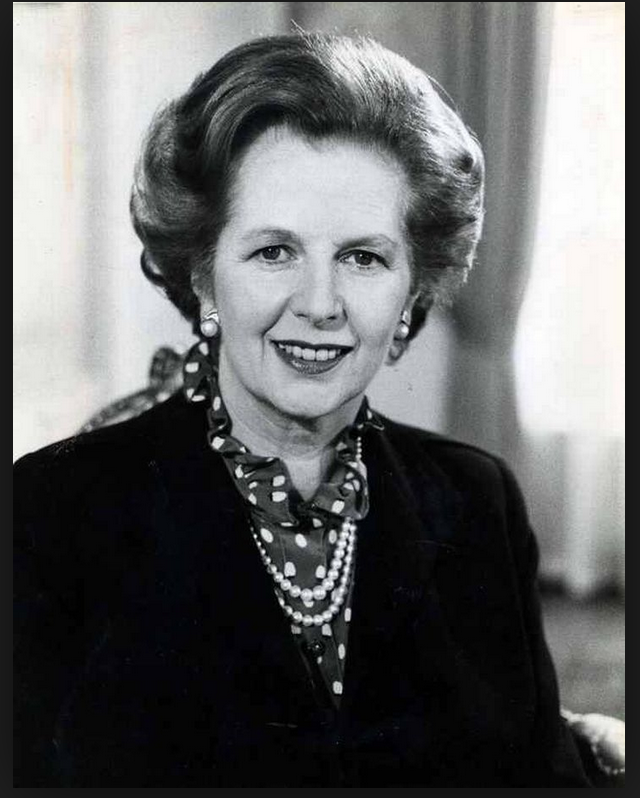Over the past twenty years I have been considered a woman in power. I conceived of D, the supplement to La Repubblica that changed the panorama of women’s weeklies, and I was the first woman in Italy to direct a news magazine, L’Espresso.
I have thought about power a great deal, about its allure, the addictiveness it creates, the pleasure it brings and, above all, about how to manage it.
When we refer to women in dominant positions, such as Margaret Thatcher, Angela Merkel, Christine Lagarde, we almost always define them using terms like metal — steel, iron — or granite. And the adjectives we use are: inflexible, indestructible, heartless. Aside from the fact that a man who behaves the same way is rarely defined using the word “iron,” what I wonder is this: Is there any possibility for women to invent a new way of managing power that takes the female nature into account, or does power have rules that must be followed regardless of one’s gender?
Women have many traits. They are able to give life (if they want to), nourish, love. At the same time, they are sensitive to change, to dynamics, and they are model workers and students. Once they reach the upper echelons, why do they forget all their depth to embrace a one-way and male model?
Often the problem lies in the fact that, in order to be believed, they must demonstrate that they have strength, that they are capable of handling the situation. And that’s when “iron” reappears. Not giving in, not revealing one’s weaknesses, seems to be the simplest path. Even to the point of relinquishing a part of ourselves.
But there is another path. And that is overcoming the fear of making mistakes, of not measuring up, of not achieving results, of not being feared enough but, at the same time, of being loved enough.
We need to be brave enough to change our minds (Angela Merkel did it when she welcomed the Syrian immigrants), to shift the focus to our work-life balance, to put together a team of people so good that one day they can replace us, to create a collaborative environment where stress and tension are left outside the door. We need to motivate the team and be its leader, not the boss. Cry, laugh, be demanding and sweet, strong and tender, decisive and flexible. Women can do it.
Originally published at medium.com


